
Investing becomes more complicated with the time passing by and it is crucial to understand the proper way to distribute the money. That’s why it is necessary to separate investing and speculation. Let’s take a look at the features of both trading patterns and discover the possible income opportunities at each one.
- Investing against speculation concept
- Investing definition and unavoidable risks
- Investing benefits
- Investing drawbacks
- Investing instances
- Stock market
- Precious metals and gemstones
- Luxury items & art
- Real Estate and property
- Defining the speculation and its trading pattern
- Pros of speculation
- Cons of speculation
- Speculation instances
- Usual mistakes
- Confusing investment with speculation
- Focusing on short-term gains
- Not doing your due diligence
- Advice to avoid such mistakes
Investing against speculation concept
Both investing and speculation are occasionally used for the same action. Despite that fact, these terms have significant differences between each other which must be acknowledged by market players.
- Firstly, investment which stands for several acts of resource’s distribution. In case of this term, it is oftenly money, which is used for buying assets with a possible value growth in the future. Investors intend to gain a profit from this increase, primarily, in a long-term perspective.
- Secondly, speculation which also is an act of resource distribution, but the time window of such operations are drastically smaller. Speculators are determined to gain profit from the increase of the stock’s, real estate’s or a mutual fund’s price. The main principle of speculation is to gain the income quickly.
Let’s review both of these terms individually.
Investing definition and unavoidable risks
Investing is the buying of an asset which can be a bond, crypto, stock and several other variants. In addition people can invest in projects, property and many more objects which can produce the income from such money distributions.
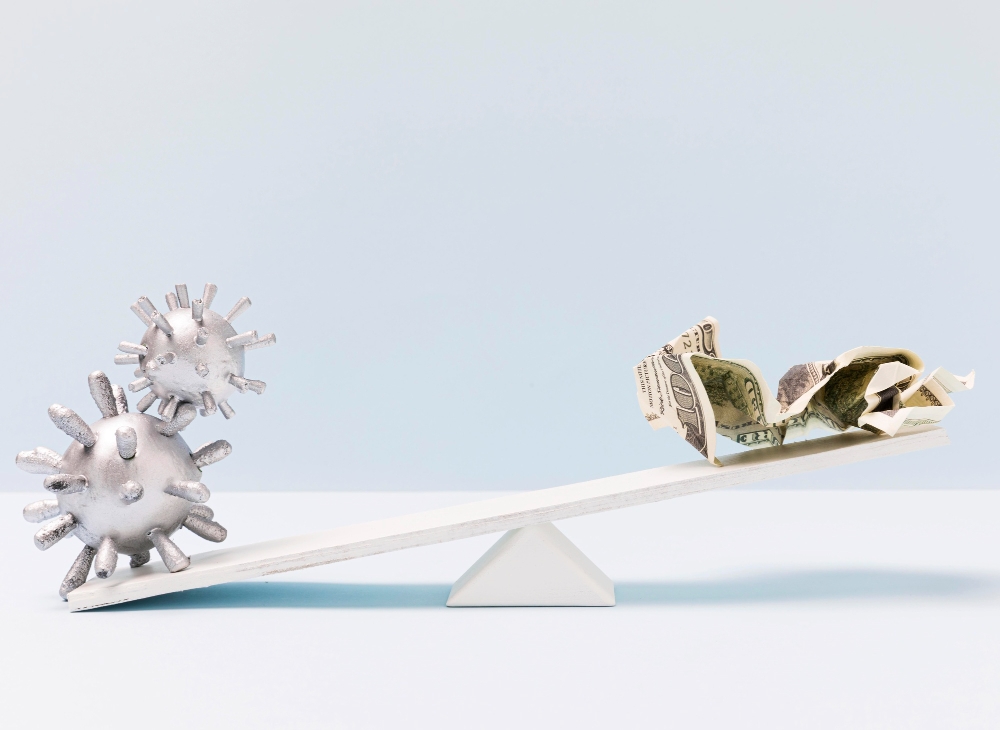
It is targeted to gain profit from a long-term increase of the chosen asset. Investing can also be provided with additional income from dividends or other financial benefits.
Investing benefits
Investing has a list of serious advantages:
- Ability to increase the investor’s capital with a slow enough velocity which reduces the risks if we compare it to any speculating activity.
- Less action required due to the calm enough manner of the investing process.
All-in-All, investing is a more psychologically stable process which is intended to increase the market player’s profit throughout a long-term perspective.
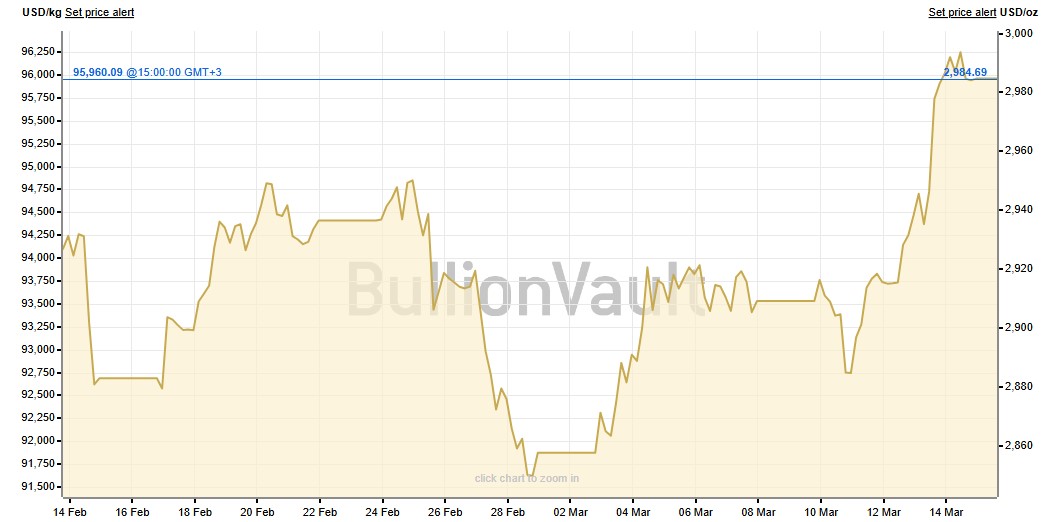
Take a look at the gold price chart which can be invested in.
Investing drawbacks
It is common to have certain downsides in any money distribution with intentions to gain. Investing has its own drawbacks too:
- Timing of the expected growth. An investor could lose his distributed capital due to a long waiting period.
- Missing other possibilities to gain profit in a much shorter time window.
Nevertheless, investing is a steady way to gain money, but the waiting period this long could result in several money-loss occasions.
Investing instances
Firstly, let’s review common ways to invest the capital which require certain level of patience and a long enough time period:
- Stock market.
- Precious metals and gemstones.
- Luxury items & art.
- Real Estate and property.
Take a look at the average time frames of the investing:
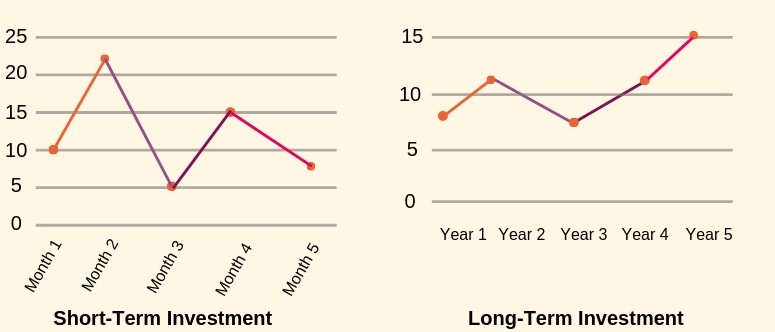
Take a closer look at each one of them individually.
Stock market
To start with, market players can buy out shares of the chosen organisation. Also, they can distribute their capital in stock indexes which are parts of the desired market’s segment. Stock indexes are often chosen due to prolonged intentions such as passing the invested capital to a trusted person in a far longer perspective. It’s an optimal way to hold the investment throughout significant market fluctuations.
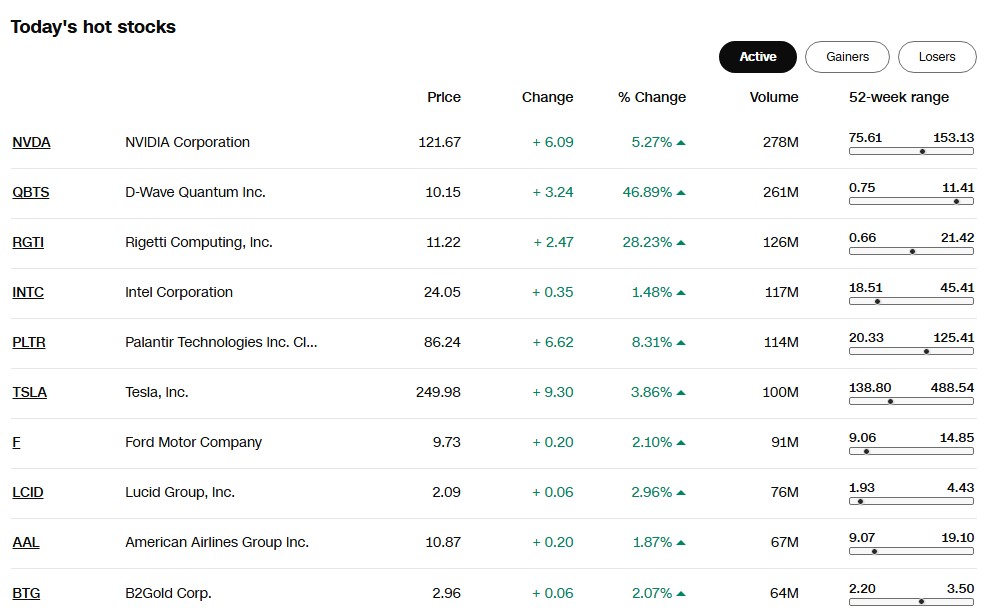
Take a look at the list of top stocks at the current time.
Precious metals and gemstones
Another way to invest money is to buy coins, bullion of gold and silver jewelry. With that kind of money distribution, a market player can also physically hold the existing investment. Moreover, the gold’s value increased significantly due to the exhaustible nature of the resource.
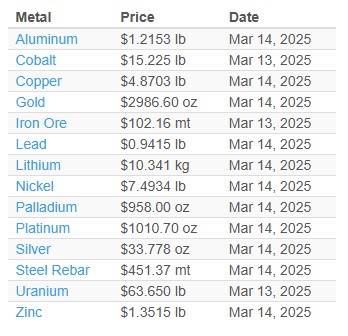
Check the list of the current metal prices.
Luxury items & art
Luxury items and art is the second way to hold a physical investment. This method of gaining profit is gathered around an overall slow increase in price of the bought asset. Initial value of such investments depends on the quality of the item all-together with the potential price growth. Paintings or sculptures, especially old and rare, can be estimated in drastic values.
Real Estate and property
An investor also can distribute his capital into cars, condominiums and apartment complexes which are considered as an investment because of the ability to sell each of them for returns. This type of investment is more complicated due to the continuous physical maintenance.
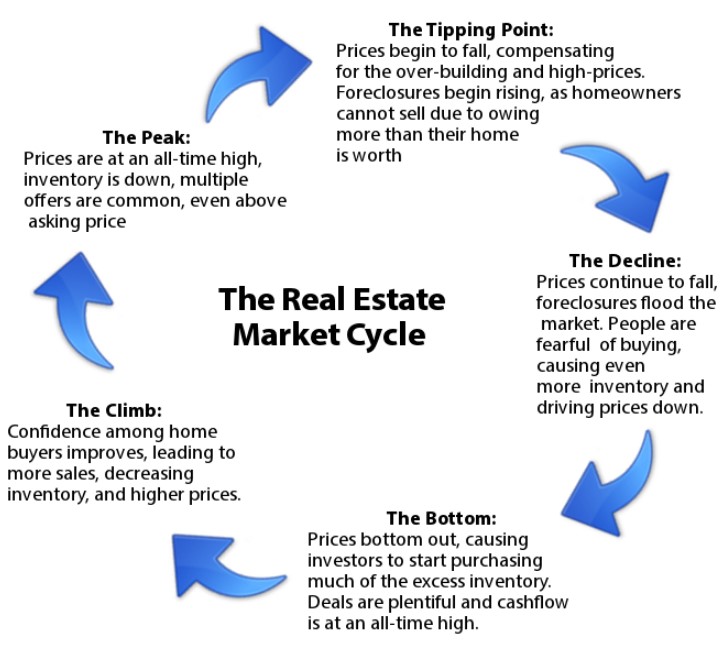
Let’s pay attention to the existing Real Estate market cycle.
Defining the speculation and its trading pattern
Speculation is an investment in a spectre of objects (stocks, Real Estates and e.t.c.) with hopes to have an income with the risk of losing the invested capital. In the speculating scenarios market players aim to gain in a much shorter time period than in the basic investing patterns.
However, the “speculation” term will be reviewed as “speculative trading” – it will simplify the understanding of the process in case of any misunderstandings because of the initial nature of the speculating principle. It is also an investment, but a different kind which is necessary to be acknowledged.
It is a widespread method of gaining profit within a short time period: after a certain amount of practice, a speculative trader becomes more experienced and can participate in more complex trading strategies (Day trading, Short-term swing traders, scalpers).

Let’s review both the benefits and drawbacks of speculation trading.
Pros of speculation
There are several benefits of the speculative trading:
- Multiple abilities to gain from the downtrend. Common investors can only sell or accept the loss.
- Overall flexibility of the trading strategies. Market players have more adjustable trading patterns which provides them with a wider investment choice list. Most common trading strategies within short time periods are day trading, swing trading, scalping and e.t.c.
Cons of speculation
However, such rapid ways of trading have their disadvantages:
- Significant risk. Price instability can play a huge role in the outcomes of speculating trading. In case of a quick valuation drop, market players who chose a longer time window for the trade can lose the capital up until the potential price comeback. It can be compensated by an efficient stop-loss order, but it takes a lot of experience to execute it in the most profitable way possible.
- Several regions restricted speculative trading. Regulators can also give a trading pass only to institutional traders who pass necessary levels of income, experience and other trading requirements.
Speculation instances
Let’s review one of the common speculation instances: day traders aim at a stock with a significant price increase (for example, a new stock with a temporary growth of demand). After investing in such stocks, traders catch the exit timing when the rapid increase is stopping. There are several special features of this trading method:
- Increased speed of transactions. A common speculative trader intends to profit from the price fluctuations within a short time period.
- High risk and volatility. New stocks of small companies can be significantly volatile which increases the potential risk.
- Focus on market timing. One of the primary principles of speculative trading – search for the timings to enter and exit.
Take a look at the graph below and notice periods of high volatility:
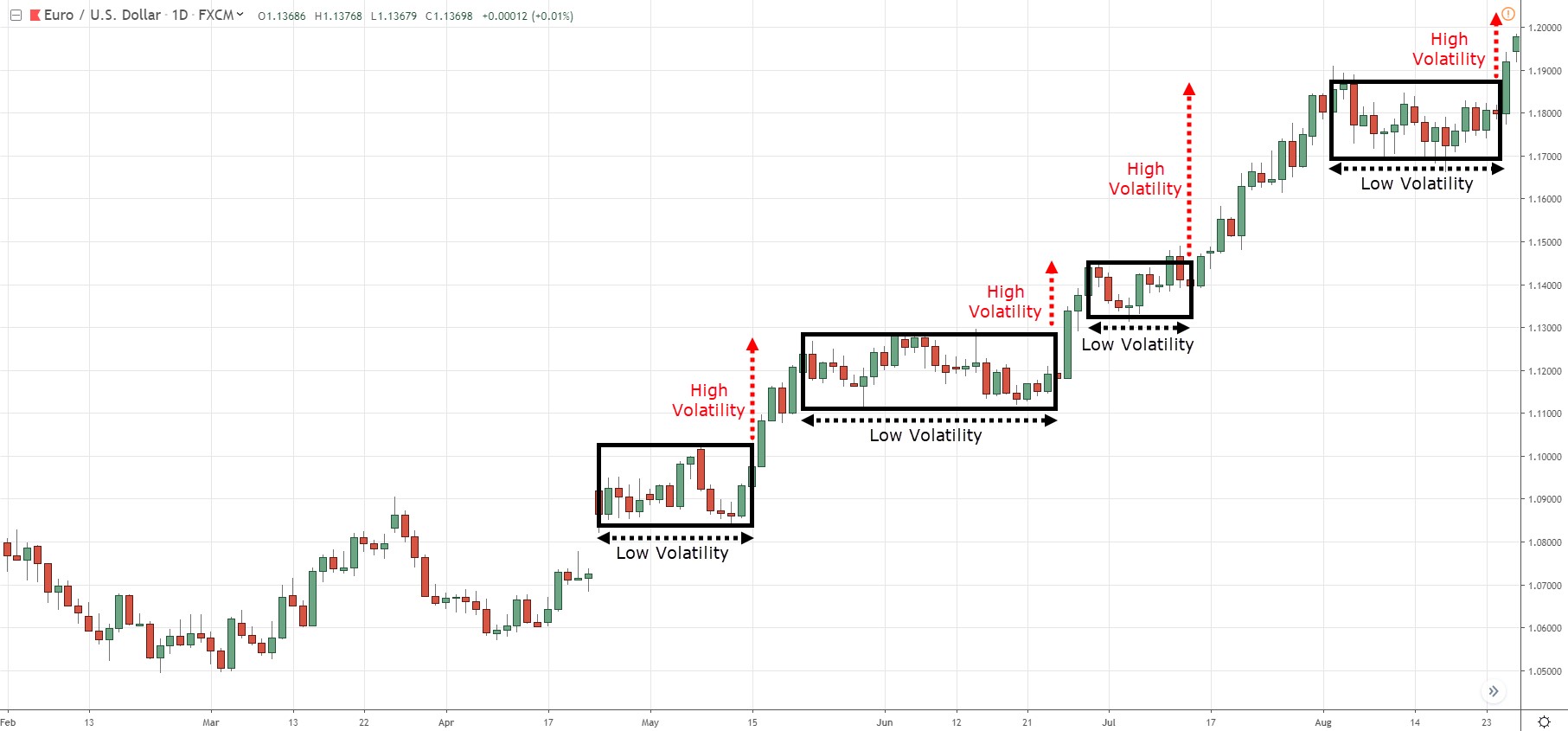
Such periods are usually the desired time windows for a speculative trader.
Usual mistakes
It is a widespread misconception that investing and speculating is the same trading pattern. Despite the interchangeability of the terms, it is crucial to understand existing differences between them because of the possible losses due to this misconception.

There are several common mistakes which can drastically increase risk of potential losses:
- Confusing investment with speculation.
- Focusing on short-term gains.
- Not doing your due diligence.
Let’s take a closer look at each one and learn the main features of proper trading.
Confusing investment with speculation
As it was already mentioned: confusing investment with speculation. Investing in stocks, real estates, luxury items and other kinds of property requires patience, because the principle of the investing process is about the potential profit throughout a long-term perspective. It is important to acknowledge the fact that there is no need to rush.

Conversely, speculation is based on a much shorter time period and higher risk environment. Market players aim at a quick profit within a day or a smaller time frame by buying and selling options or distributing money into a highly volatile asset (cryptocurrency or a new small tech company shares, for example). It is a very risky trading strategy which can profit a lot, but the losses could be much higher.
Focusing on short-term gains
Secondly, investors can pay too much attention to short-term gain. In the speculative trading perspective, this method can work out, but the investor which is more patient and experienced can withstand potential price fluctuations and the existing volatility of the chosen asset. That’s why investors should be aiming at long-term capital gain.
Not doing your due diligence
The most common mistake of the trader is not being fully aware of the asset’s state. It is crucial to analyze your investment: it should be compatible with your own preferences and initial goals. In the case of speculative trading, most decisions are made under the hearsay or rumor influence.
Advice to avoid such mistakes
Here are several common advices to avoid these mistakes:
- You should pick the desired target right from the start and hold onto it.
- Be aware of every possible asset’s features.
- Be emotionally stable and make decisions which are based on the technical aspects of the market.
- It is less risky to distribute capital into a long-term position.
- Choose an asset which fits your initial goals and risk tolerance.
You should pay attention to this advice for good trading.











